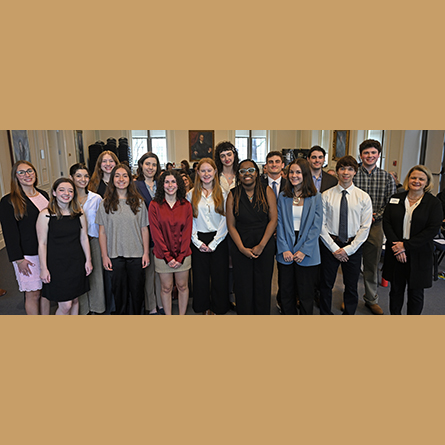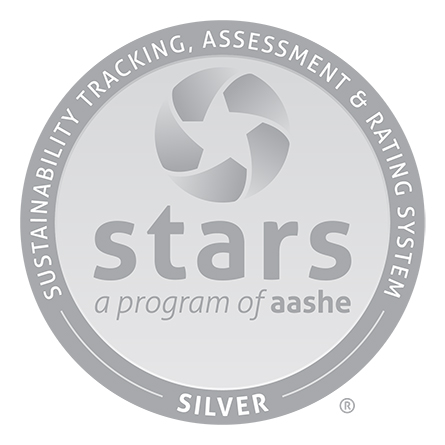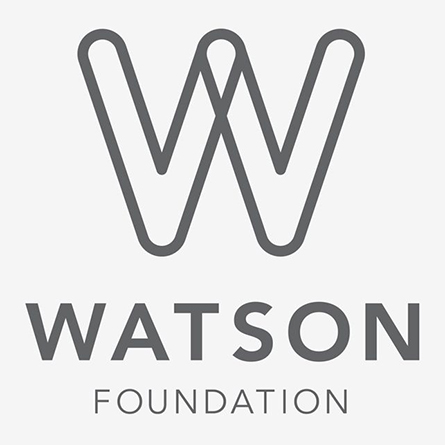
Conn recognized for its dedication to sustainability
Connecticut College received a STARS Silver rating from the Association for the Advancement for Sustainability in Higher Education.
“Working towards a more sustainable campus is something that we have to do in order to preserve the environment and create a more equal society,” said Margaret Bounds, Conn’s assistant director of sustainability.
The STARS self-reporting process takes a holistic approach to measuring an institution’s sustainability performance, using both operational and qualitative data. This means that categories such as community engagement and curricular integration are as important as waste management or energy efficiency.
Though Conn has always been a leader in the field—purchasing renewable and carbon offsets starting in the 1990s, for example—its new strategic plan has put issues of environmental stewardship back into the spotlight, Bounds added.
And because “our students are going to face big challenges such as climate change when they leave college, the more we can do here to prepare them to address those challenges, the more successful we’ll be as a society.”
With the support of the College’s Environmental Model Committee, Bounds’ office gathered operational and administrative data from across campus. Associate Professor of Botany and Suzi Oppenheimer ’56 Faculty Director of the Office of Sustainability Chad Jones took on the academic side, looking at how sustainability fitted into Conn’s curriculum.
“As an educational institution, we have the opportunity to have a significant impact on the future through the lives and careers of our students,” said Jones, who researches invasive plant species and their relationship to natural and human systems. He also stressed the importance of the STARS system’s holistic approach.
“The environment, society and our economic systems interact with each other and efforts to solve issues relating to any one of these must consider the influences and implications of the others,” he said.
Environmental studies major and anthropology minor Amelia Morrissey ’19 took advantage of an internship funded by the Goodwin-Niering Center for the Environment, and worked in Conn’s Office of Sustainability, assisting Bounds in gathering data on topics ranging from recycling and energy use to greenhouse gas emissions and more.
“I had a lot of experience with sustainability and the environment in high school and was looking for ways to continue that,” Morrissey said. “My experiences studying abroad in Iceland and Greenland last semester also connected strongly with these interests.”
Her most important advice for Connecticut College’s sustainable future: “Student involvement is key.”
Internships like Morrissey’s provide vital experience for students, Jones said.
“They design and carry out projects working with all of the key constituencies,” he said. “They learn how to overcome obstacles in this process and how to work with teams. If we can help our students to go forward in their lives with the ability to both advocate for and implement sustainable practices—that is the most important thing we can do.”
Bounds and Jones agree that reducing energy use and greenhouse gas emissions will be the biggest factors in achieving campus sustainability goals. One highlight for Jones was the creation of a sustainability revolving fund, which is used to invest in energy-saving projects that also reduce costs. The savings from each project are then paid back into the fund for future use.
“We carried out a pilot project installing efficient LED lights in the Luce Fieldhouse a couple of years ago and that has already almost paid back the full amount,” Jones explained, and the results of that project continue to save money and reduce energy use.
And receiving the STARS rating has helped raise awareness about sustainability efforts on campus, according to Bounds.
Our STARS rating is “a great way to start a conversation about the campus culture. One area that we are going to focus on in the coming year is educating students, faculty and staff members through orientation sessions and outreach events focused on specific topics like recycling and energy use.”

